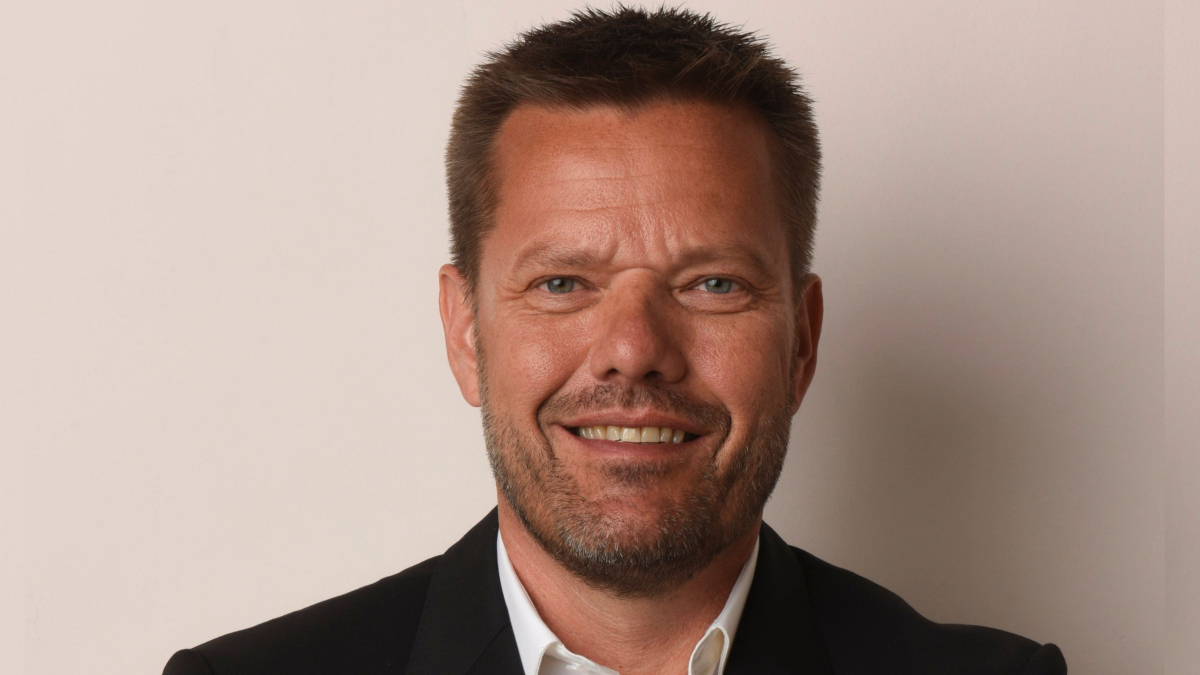
Per Fischer, MinervaX CEO
Danish biotech seeking niche vaccine edge against Pfizer snags €72M for pivotal study
A biotech 12 years in the making has secured its largest financing yet, and it has ambitious plans for what the chief executive called a …
Sign up to read this article for free.
Get free access to a limited number of articles, plus choose newsletters to get straight to your inbox.